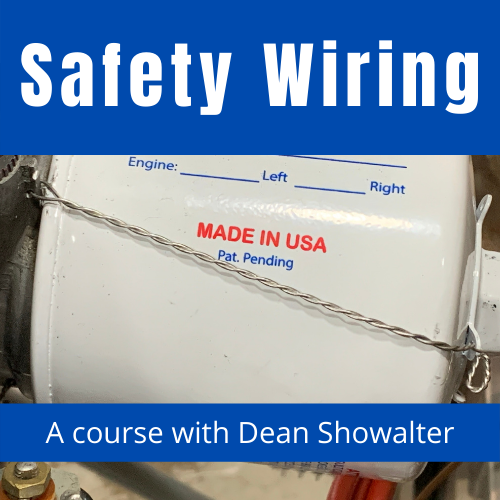Podcast: Play in new window | Download
In this podcast episode, we’re talking about alternator maintenance!
Here’s the alternator I removed from a Beechcraft Bonanza to inspect the drive coupling and the brushes… note the brush assembly in the lower right side of the photo:

The brushes had plenty of length left, but they needed a good cleaning due to carbon dust that had collected from normal brush wear. Check it out:

After a good cleaning, the brushes looked great and were ready to reinstall.
Another thing (and perhaps more important) I wanted to check on this alternator is the elastomer drive coupling:

There have been numerous cases where these drive couplings have come apart and caused serious engine damage and / or failure.
Since it had been nearly 500 hours since this alternator was removed and inspected, I wanted to verify the drive coupling’s condition.
I performed the following: (Reference Continental M-0 manual.)
- Verified no slippage at 140 inch pounds.
- Verified proper coupling attach nut torque.
- Installed new cotter pin.
- Cleaned off old gasket and installed alternator with new gasket.
If you have a belt driven alternator, it’s important to keep the belt tensioned properly and in good condition.
How about you?
Do you have a plan for proactive preventive maintenance on your airplane’s alternator?
If not, you may be interested in listening to the audio for this episode, and then make a plan that best fits your situation.
It’s certainly a good idea to check alternator brushes each 500 hours.
And for gear driven alternators, it’s probably wise to check the drive coupling at a shorter interval than that. There have been too many stories of these couplings coming loose and / or coming apart, and if we can prevent that, it’s always a good thing!
For some additional discussion on this topic, here’s some interesting info I found on the Pilots of America site:
When to Overhaul / Replace Alternator
The post “242 – Your Airplane’s Alternator: Neglected or Well-Cared-For?” appeared first at AirplaneOwnerMaintenance.com



























Recent Comments